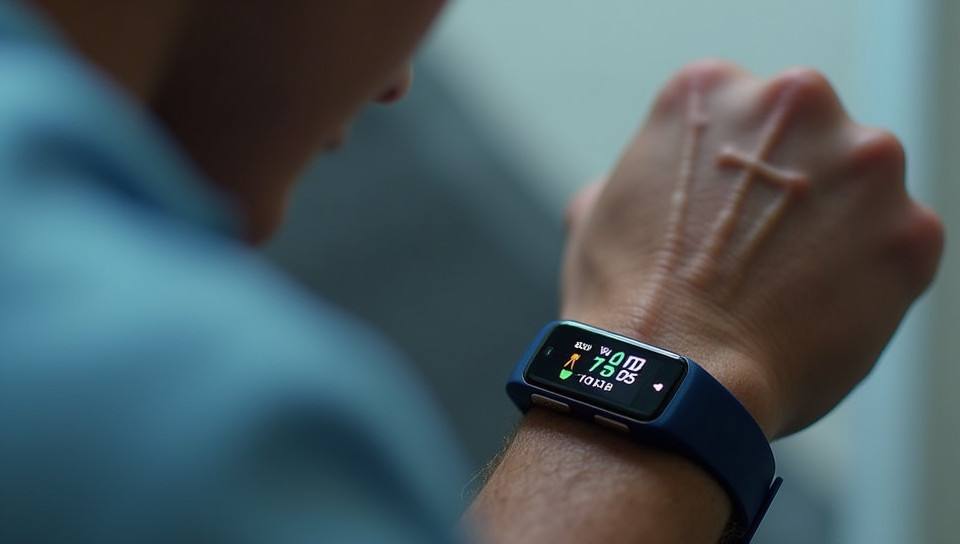Fitness trackers should not be used for medical diagnosis purposes 53%

The Dark Side of Fitness Trackers: Why They Shouldn't Be Used for Medical Diagnosis Purposes
In recent years, fitness trackers have become increasingly popular among health-conscious individuals. These devices can track our daily activity levels, sleep patterns, heart rates, and even provide basic guidance on nutrition and exercise. However, many people mistakenly believe that these devices can be used to diagnose medical conditions or replace a doctor's visit. Unfortunately, this couldn't be further from the truth.
The Limitations of Fitness Trackers
Fitness trackers are designed to provide general health and wellness insights, not medical diagnoses. While they can detect some physiological responses, such as changes in heart rate or blood pressure, they lack the sophistication and accuracy required for definitive medical diagnosis.
What Can Fitness Trackers Really Do?
- Monitor daily activity levels
- Track sleep patterns and quality
- Measure heart rate and rhythm
- Provide basic guidance on nutrition and exercise
- Allow users to set goals and track progress
The Risks of Misinterpretation
Using a fitness tracker as a medical diagnostic tool can lead to misdiagnosis or delayed diagnosis, which can have serious consequences. For example:
- A person with a heart condition might mistake an irregular heartbeat for a normal variation, leading them to avoid seeking proper medical attention.
- An athlete who experiences chest pain might assume it's just fatigue or muscle strain, ignoring the possibility of a more severe issue.
The Importance of Professional Medical Evaluation
Fitness trackers are meant to be used in conjunction with regular health check-ups and professional advice. Only a qualified healthcare provider can accurately diagnose and treat medical conditions.
Conclusion
In conclusion, while fitness trackers can be a valuable tool for tracking general health and wellness, they should not be relied upon for medical diagnosis purposes. Their limitations and potential risks make it essential to consult with a healthcare professional if you're concerned about your health. By using these devices responsibly and seeking proper medical attention when needed, we can ensure our well-being and safety in the long run.
- Created by: Vedant Sharma
- Created at: Aug. 24, 2024, 9:52 p.m.
- ID: 8197







